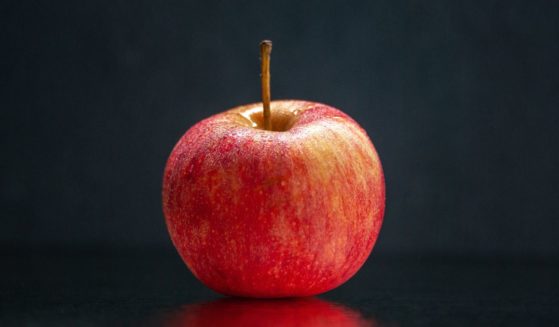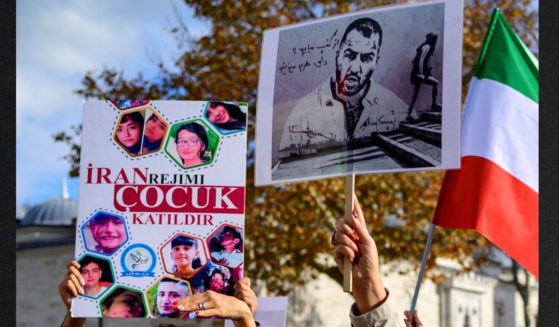'Possible Breakthrough': Oxford Scientist Says Coronavirus Vaccine Could Be Ready Within Months
Oxford University scientists have started testing a coronavirus vaccine on humans and hope it will be widely available by September.
The lab got a head start on on the global race to find a vaccine because it had previously worked on inoculations for other viruses including a close relative of the coronavirus sweeping the globe, CBS News reported, calling it a “possible breakthrough.”
The vaccine injects the coronavirus’ genetic material into a neutralized cold virus and triggers the immune system to fight it off by mimicking COVID-19.
“Well personally, I have a high degree of confidence about this vaccine, because it’s technology that I’ve used before,” Sarah Gilbert, a professor of vaccinology at Oxford, said.
The vaccine has reportedly worked in protecting rhesus macaque monkeys exposed to COVID-19, The New York Times reported.
“The rhesus macaque is pretty much the closest thing we have to humans,” Dr. Vincent Munster, who conducted the test, said.
SinoVac, a Chinese company, has also started a clinical trial on a vaccine that was effective in rhesus macaques.
Scientists are testing the Oxford vaccine on humans now by giving it to 550 participants and giving a placebo to 550 others.
“It feels like finally, I’m able to do something,” scientist Elisa Granato told CBS News. “This was a way for me to contribute to the cause.”
If the vaccine proves to be effective and it receives an emergency approval from regulators, the scientists say the first few million doses could be available in September, according to The Times.
CBS reported that the largest drugmaker in the world, based in India, will start producing the Oxford vaccines next month before they’re proven to work on humans.
Dr. Emilio Emini, director of the vaccine program at the Bill and Melinda Gates Foundation, said that more than one vaccine will most likely be needed.
Some vaccines may work more effectively in certain groups, like children and the elderly, and having more than one vaccine in production will help avoid manufacturing bottlenecks, he told The Times.
Although efforts to slow the spread of the coronavirus seem to be working, it may prove problematic for scientists trying to develop a vaccine.
“We’re the only people in the country who want the number of new infections to stay up for another few weeks, so we can test our vaccine,” Professor Adrian Hill said of Oxford’s efforts.
Researchers are forbidden by ethics rules to infect human test patients with a serious disease, so they can only test coronavirus vaccines on people where the virus is naturally spreading around them.
Truth and Accuracy
We are committed to truth and accuracy in all of our journalism. Read our editorial standards.












